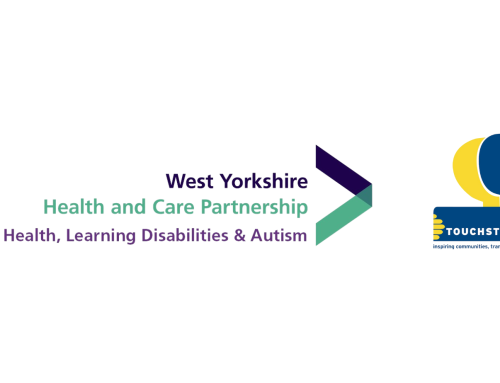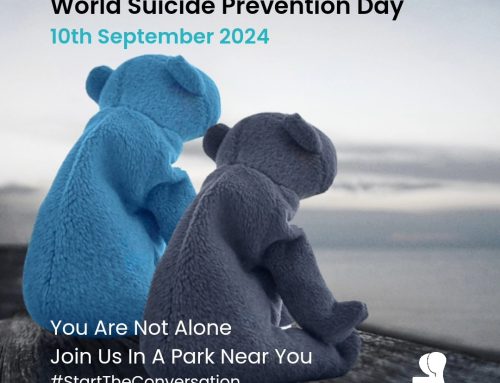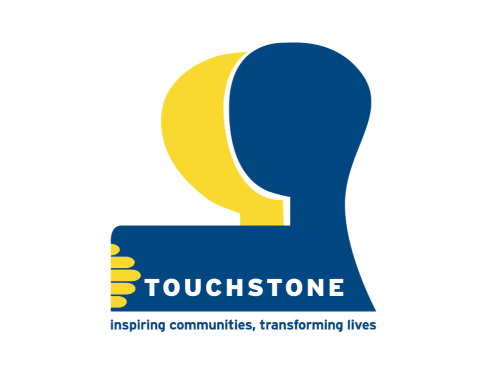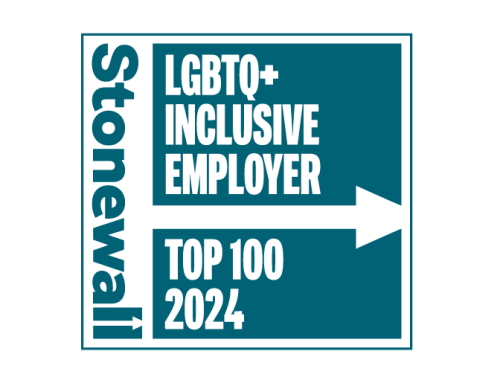Bullying does not just happen in school, nor is it always children who are the bullies or the victims of bullying. Bullying can and does happen everywhere.
Anti-Bullying week is about raising awareness of what bullying is and works to help people stand up to the bully in their community, be that home, work or play. Every year the Anti-Bullying Alliance co-ordinates Anti Bullying week and at Touchstone, we have decided to use this opportunity to focus on bullying at work and specifically, homophobic, bi phobic and transphobic bullying.
In common with our staff here at Touchstone, 6 million people in the UK work for a Stonewall Diversity Champion but many millions more do not.
This year 75,000 young people will be bullied because they are gay and 21,000 will attempt suicide-some people will die as a result.
Bullying at work is as harmful as bullying in any other place. Bullying can lead to harassment which puts employers as well as employees at risk of legal action so everyone should take bullying and harassment at work very seriously and act if they become aware that this is happening.
Under the Equality Act 2010, harassment is unwanted conduct which is related to one of the following: age, disability, gender reassignment, race, religion or belief, sex and sexual orientation and is therefore unlawful.
As Stonewall Top 100 employers and in line with our commitment to LGBT equality, Touchstone is supporting Stonewall’s “No Bystanders” campaign, which calls on all of us to challenge teasing or intimidating language wherever we hear it. To find out more, watch the No Bystanders video by visiting the website, or follow Stonewall on Twitter.
If you believe you are being bullied and/or harassed at work, Stonewall advises the following:
- Tell someone at work: Firstly, speak informally to your manager, senior manager, or someone in HR. Tell them what has happened and ask that they take action to help resolve the matter.
- If the incidents of discrimination or harassment are on-going, try to keep a diary, as this could be used as evidence.
- Consider talking to your trade union, if you are a member of one. Some unions have specific forums or groups for their lesbian, gay and bisexual members.
- If the situation is not resolved, then you could submit a formal grievance to your employer. If you are not happy with how your employer handles your grievance you can submit an appeal.
- Once you have been through these stages, if you are not satisfied that your situation has been resolved, then you could consider seeking legal advice with a view to taking your employer to an employment tribunal. Find out more about employment tribunals here.
Bullying is wrong but by standing up together, we can end all forms of discrimination and make all our places safe spaces for everyone. Sign the pledge today!
Alison Lowe, Touchstone’s CEO
www.touchstonesupport.org.uk
Twitter: @Touchstone_Spt
Contact: 0113 2718277





